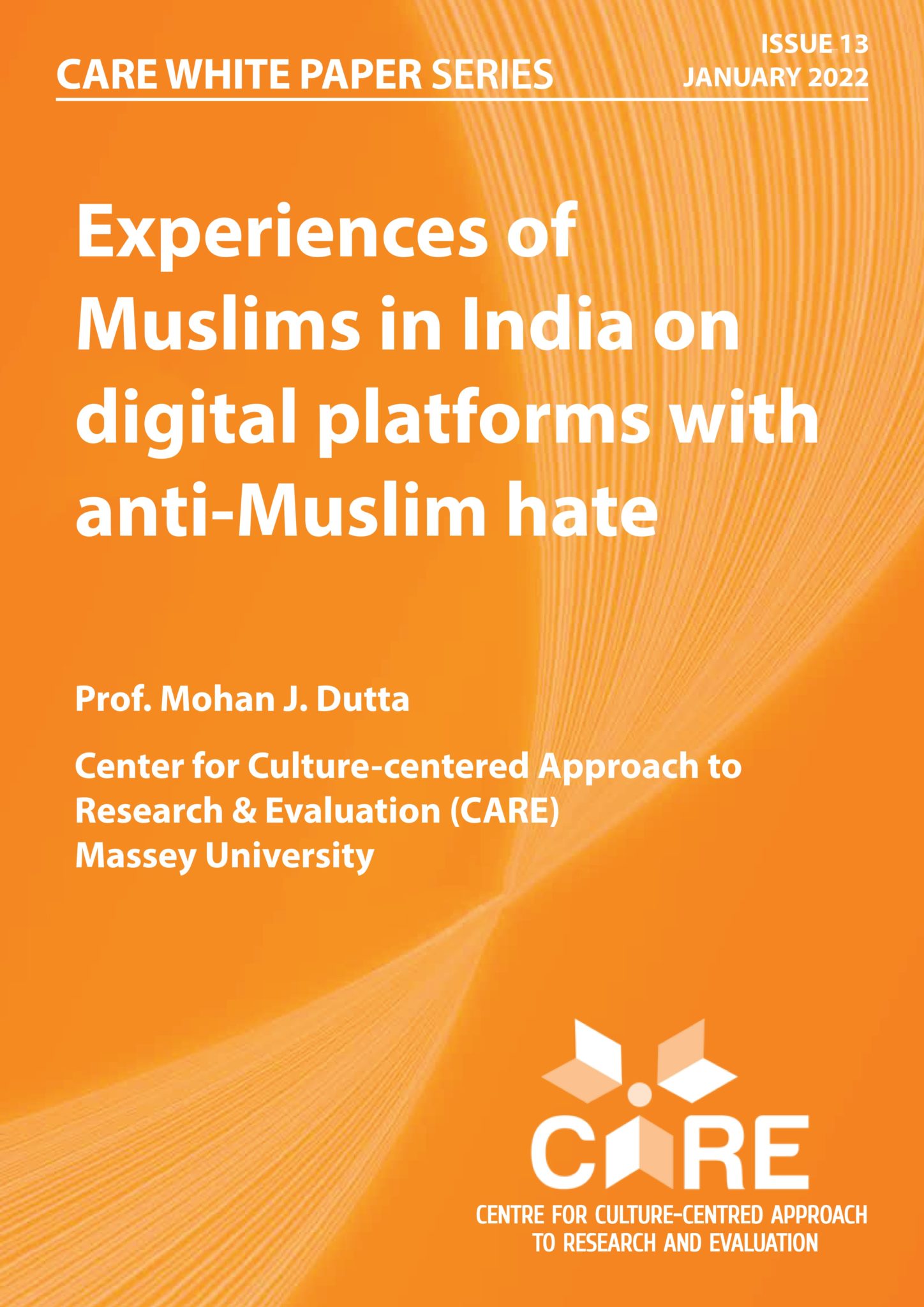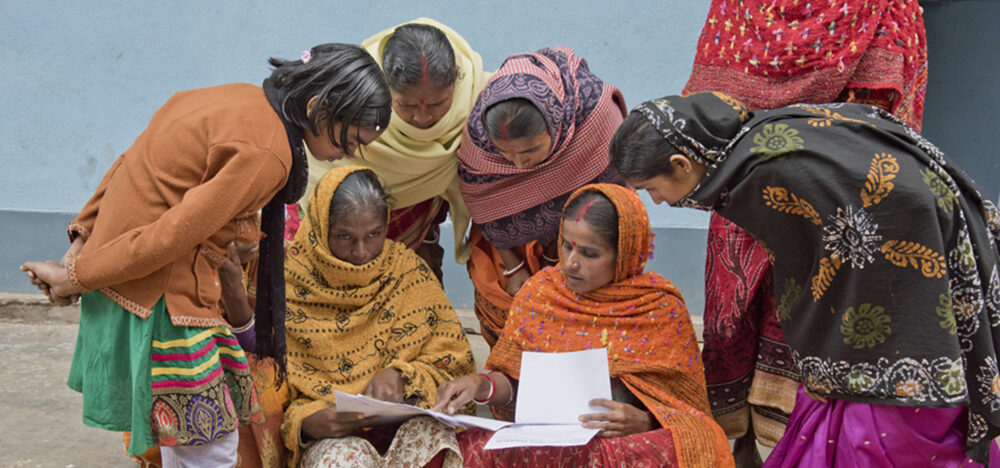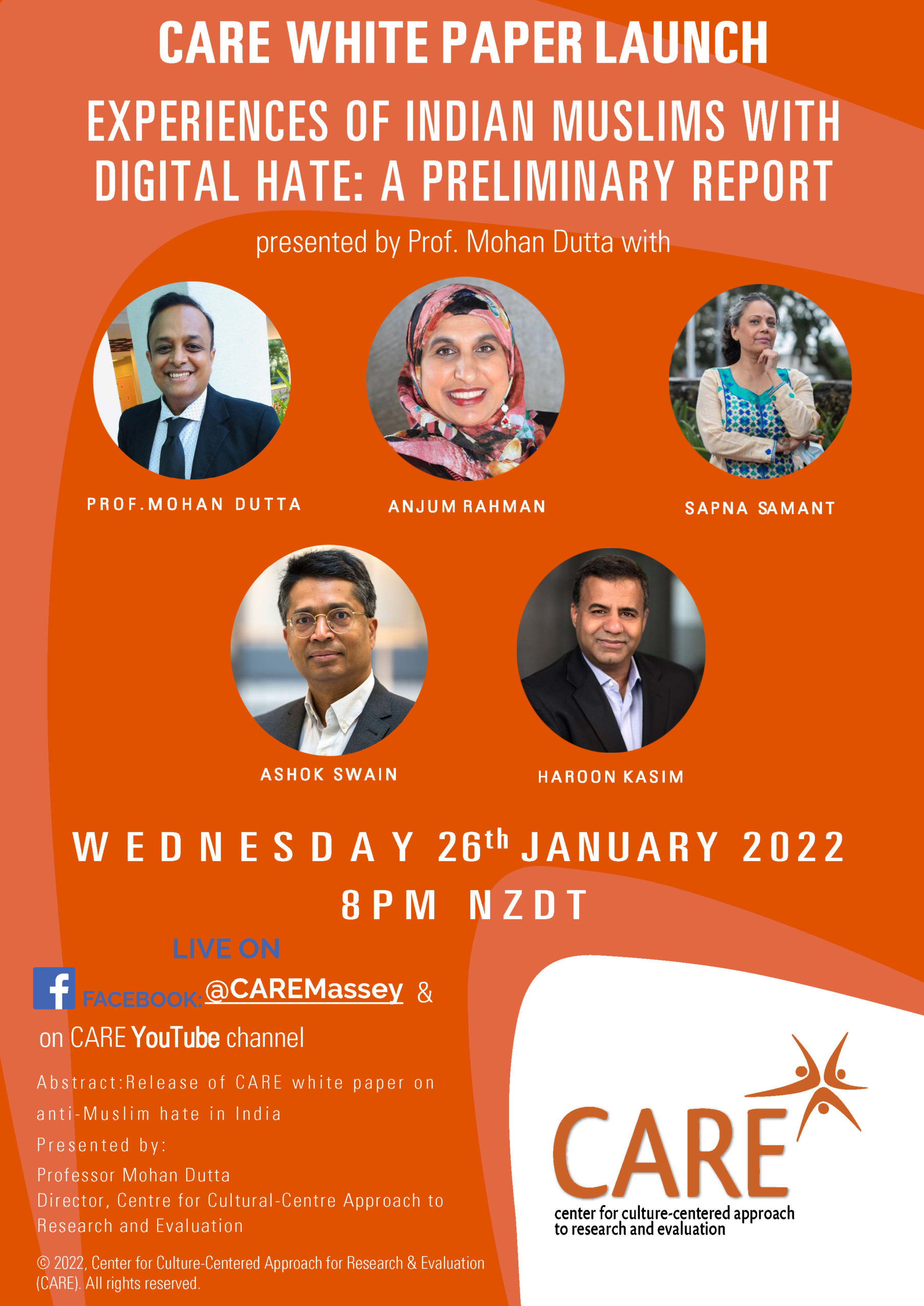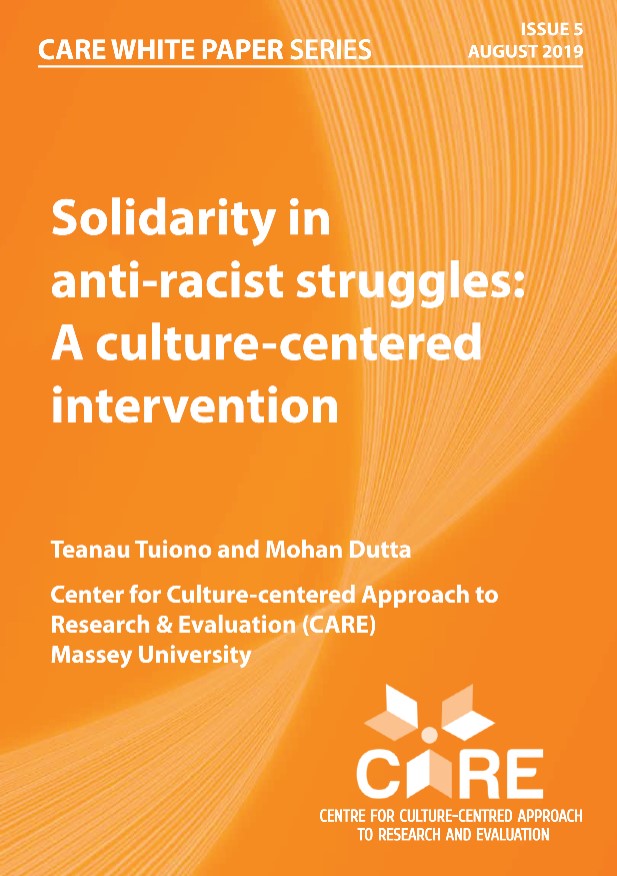by Prof. Mohan J. Dutta, CARE Massey University

The proliferation and penetration of digital media across the globe over the past two decades has witnessed the accelerated growth of hate content online[i]. Hate content threatens social cohesion and democratic processes[ii], and at the same time, adversely impacts the overall sense of security of those that are targeted with hate[iii]. Hate erodes trust, and thus, depletes democracies. When uncontrolled, hate leads to growing violence directed at minority communities and genocide. Moreover, hate directly impacts the health and wellbeing of individuals and communities that are targeted. The effects of hate are multiplied manifold when minorities are the subjects of these targeted attacks, exacerbating the sense of insecurity.
In India, the largest global democracy, the propaganda infrastructures of Hindutva[iv], the political ideology that has shaped the ruling Bharatiya Janata Party (BJP), are driven by hate, seeded, circulated, and reproduced through digital platforms[v]. Since the election of Prime Minister Narendra Modi in 2014 and subsequent electoral victory in 2019, the hate on digital platforms in India and in the Indian diaspora has proliferated exponentially. The content of digital hate driven by Hindutva has been directed at India’s religious minorities, Muslims and Christians, as well as oppressed caste communities (dalits)[vi]. Of particular significance are the extreme forms of hate that have been directed at Muslims, including calls for genocide issued by Hindutva ideologues.
A number of published studies and reports by civil society document the scope and volume of the hate content on digital platforms. However, the literature so far has not really explored the experiences of the exposure to the anti-Muslim digital hate among Muslims in India. In this white paper, drawing on a survey conducted with n = 1056 Muslims in India, I examine the exposure to digital hate among Muslims. The findings offer a descriptive framework for understanding the experiences of digital hate among Muslims in India, exploring the implications of the exposure to digital hate, and suggesting strategies for countering the hate.
CARE White Paper Launch Event:
CARE White Paper Launch online event held on Wednesday, 26th January 2022 @ 8 pm NZDT
Release of CARE white paper on anti-Muslim hate in India
Facebook Live: https://www.facebook.com/CAREMassey/videos/547809686874118
and on CARE YouTube channel: https://www.youtube.com/channel/UCF760E7rBst3U5GmJ5FhDDw
#CAREWhitePaper #DigitalHate #CAREMassey #CAREMasseyNZ #MasseyUni


